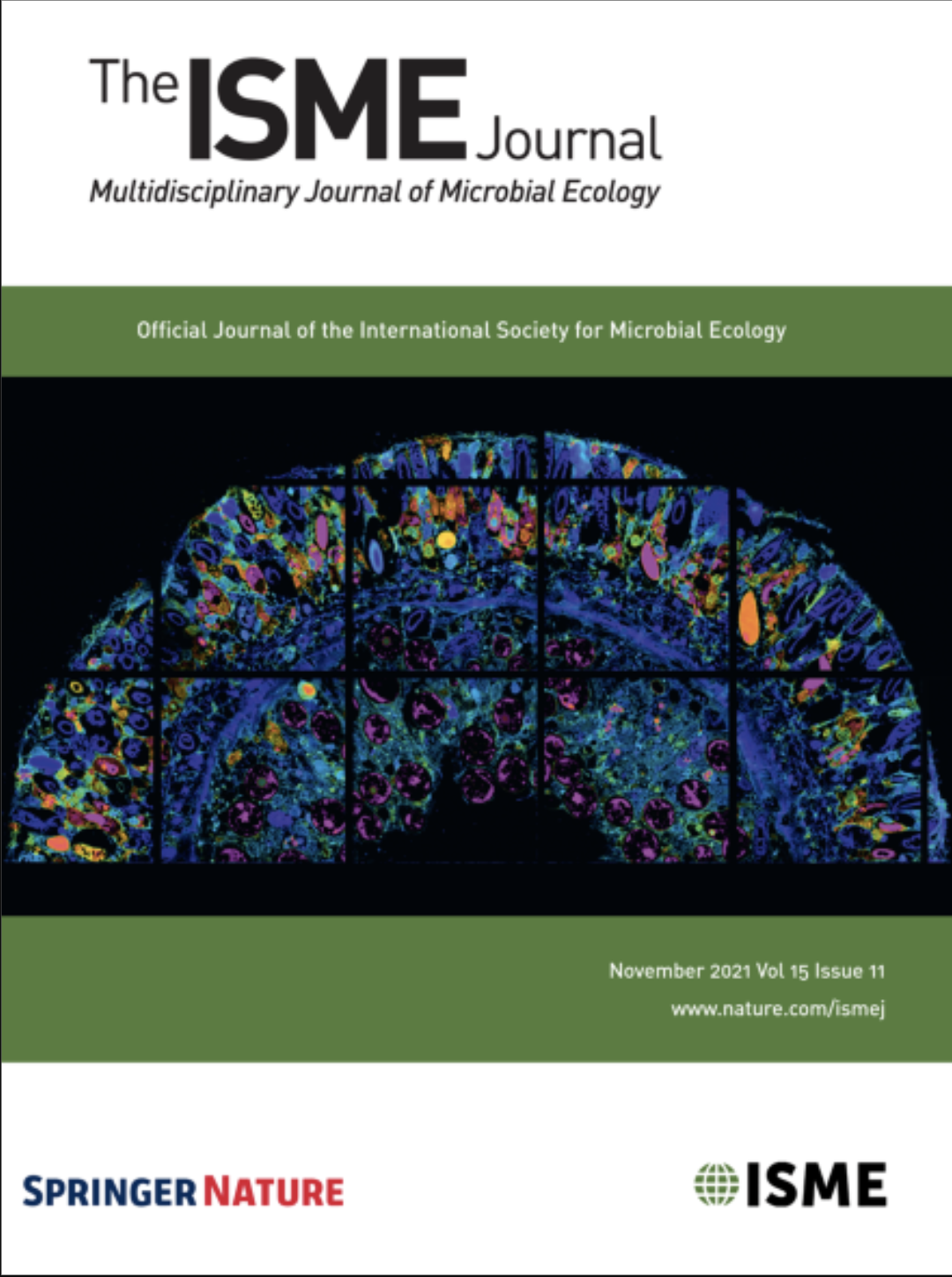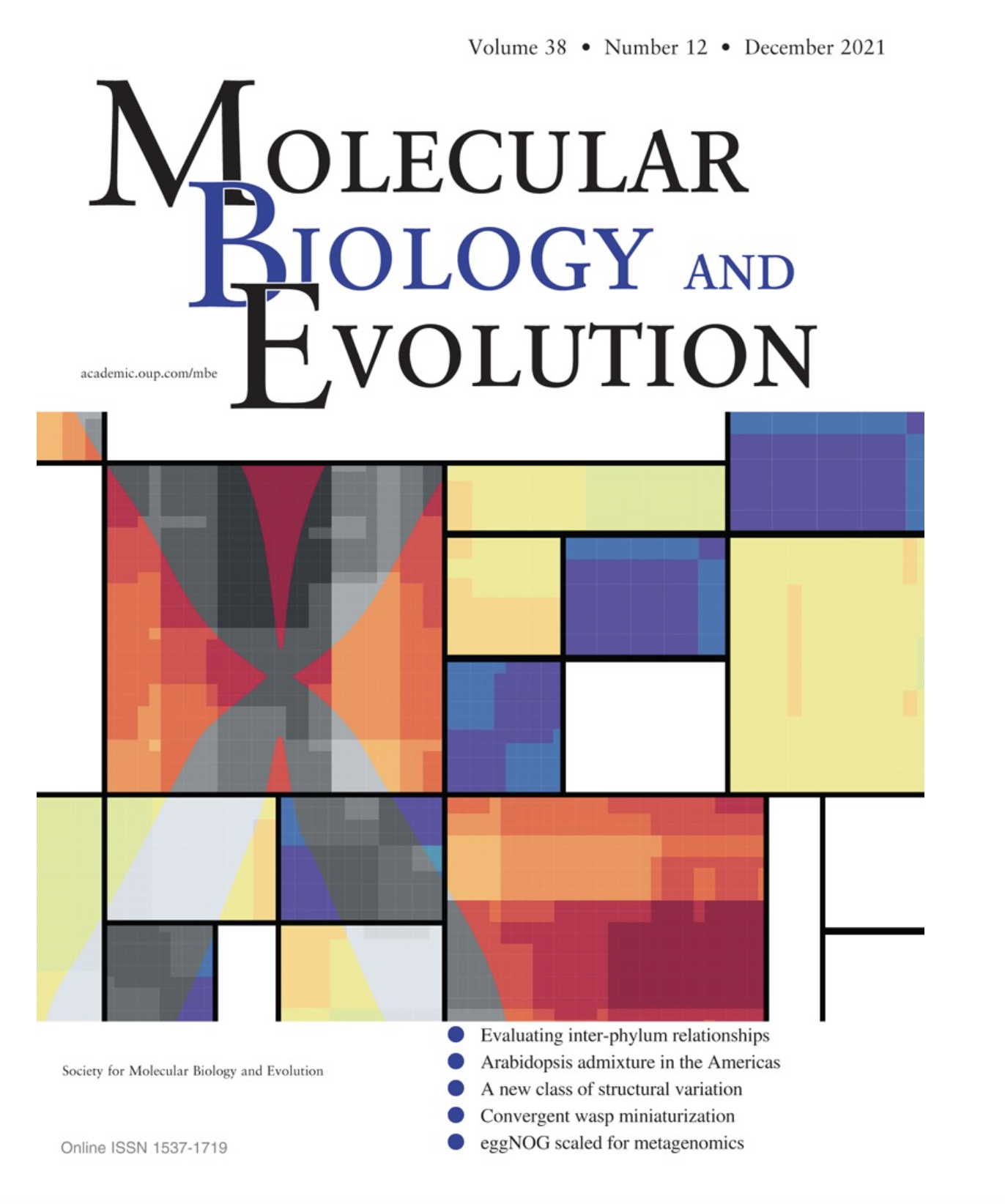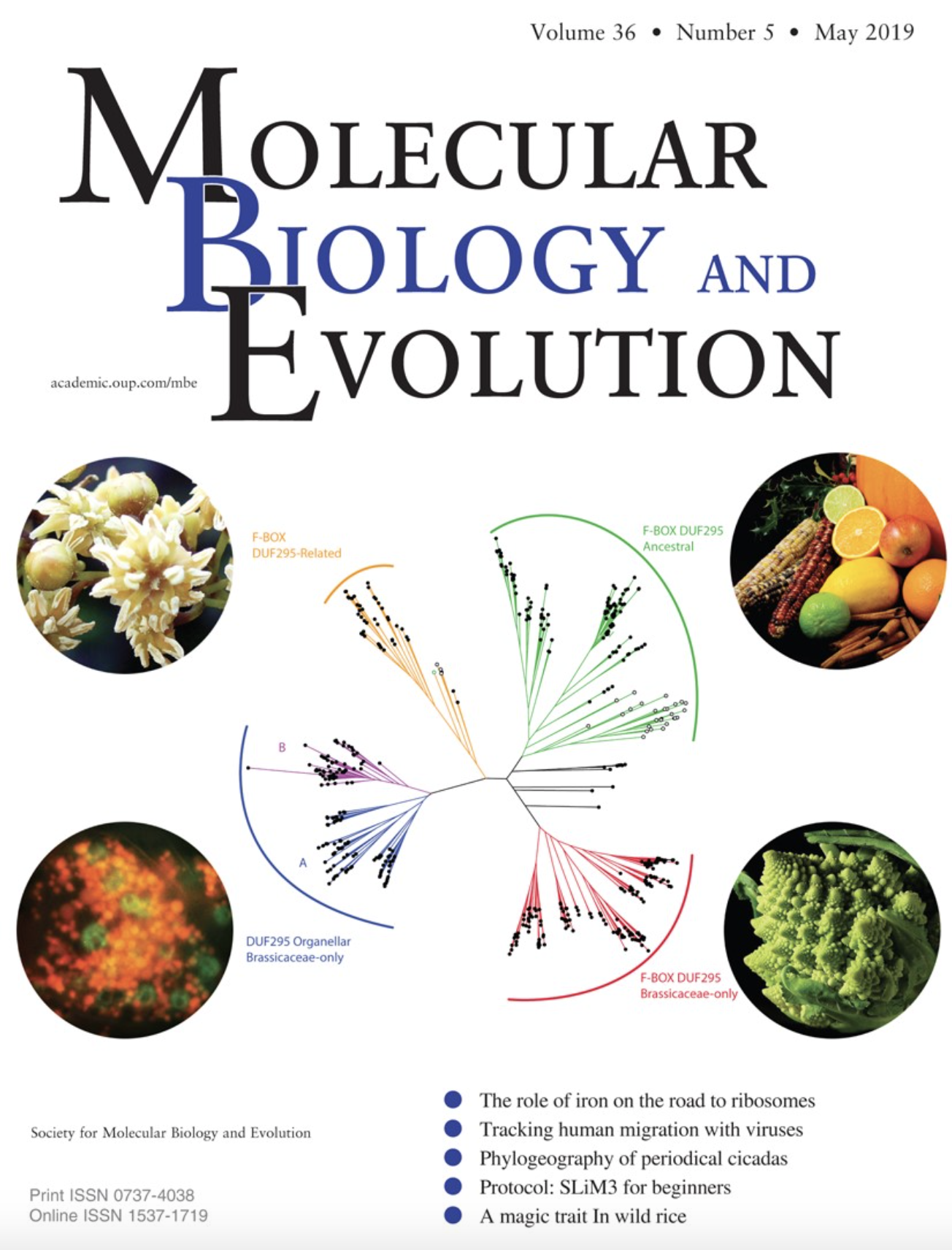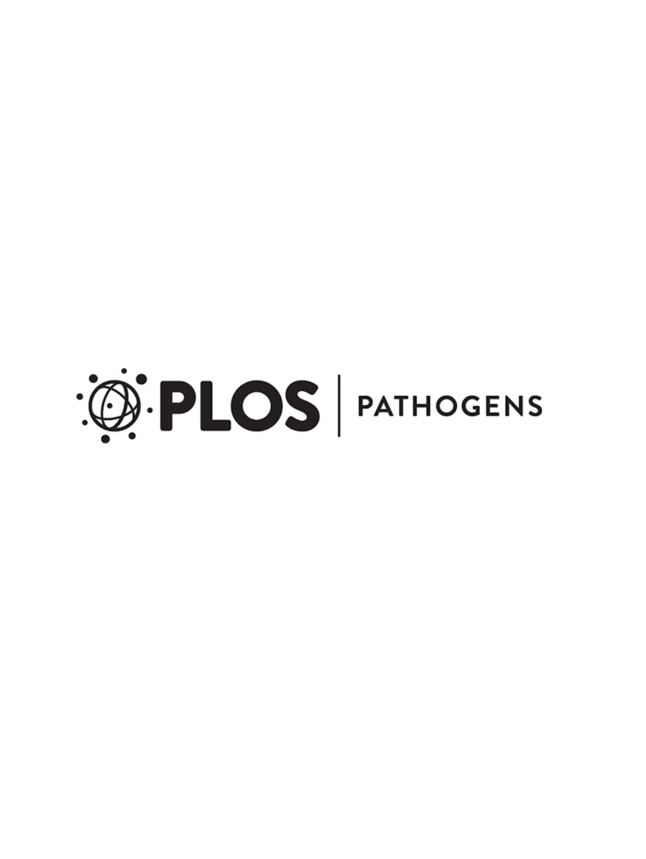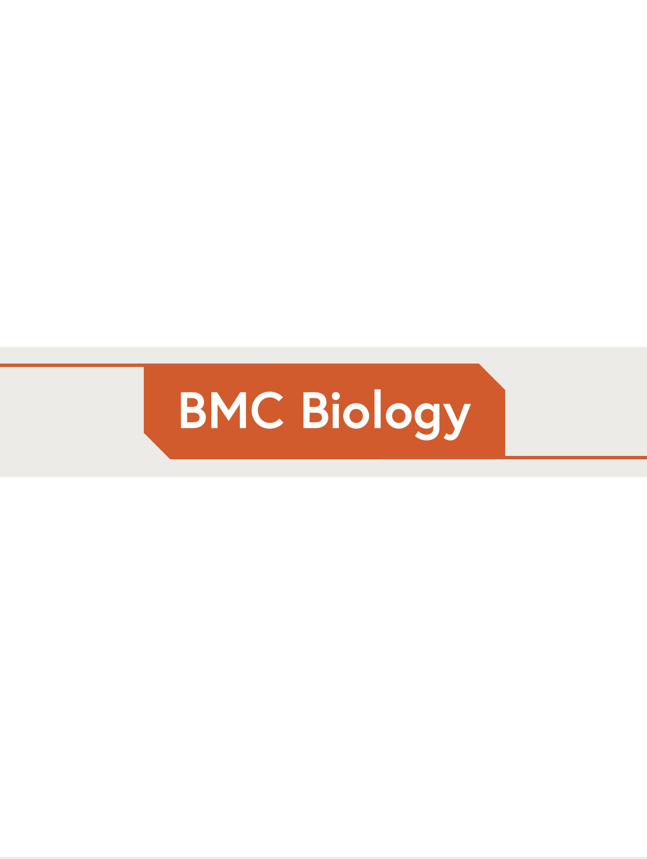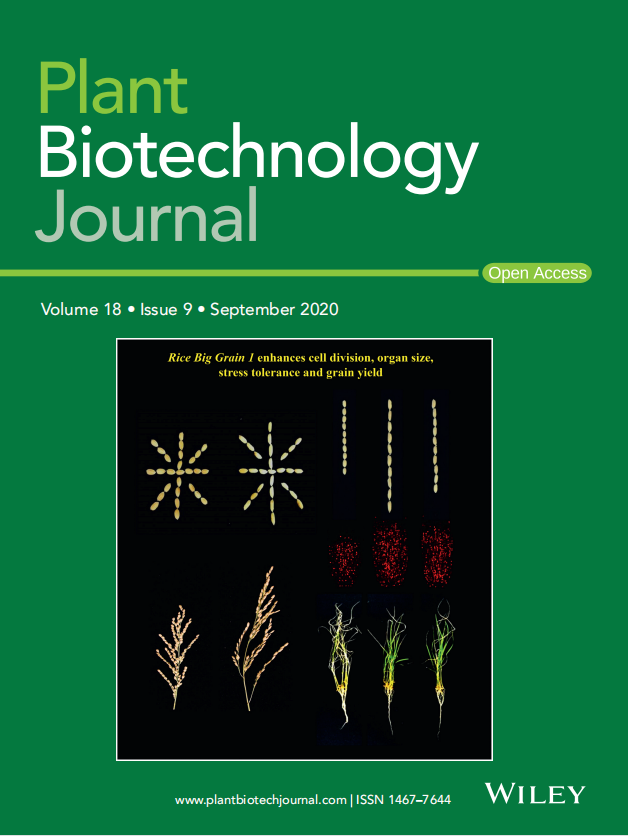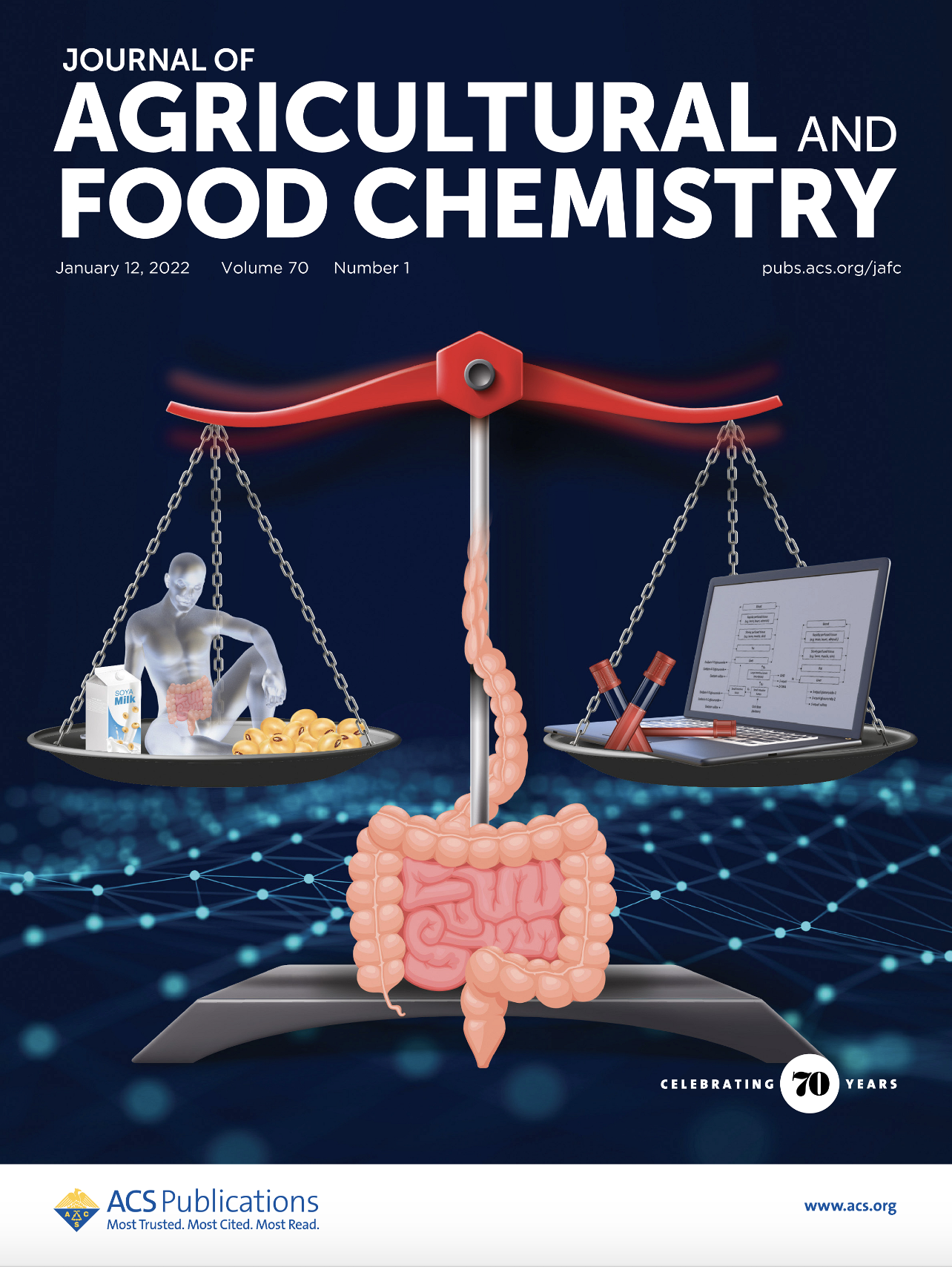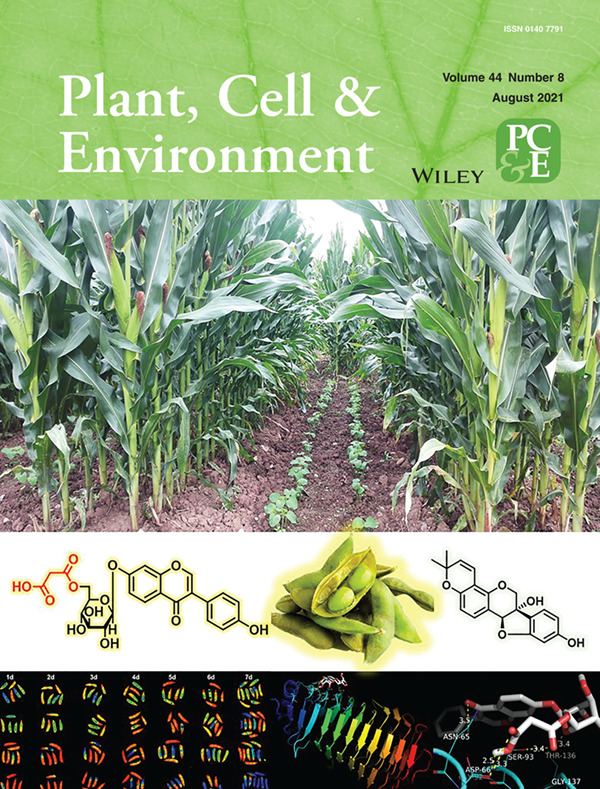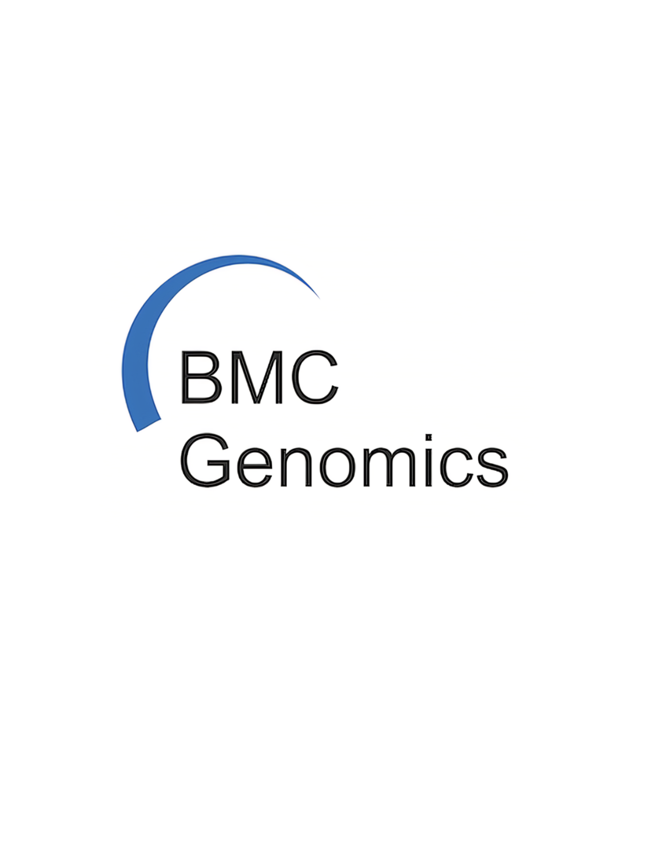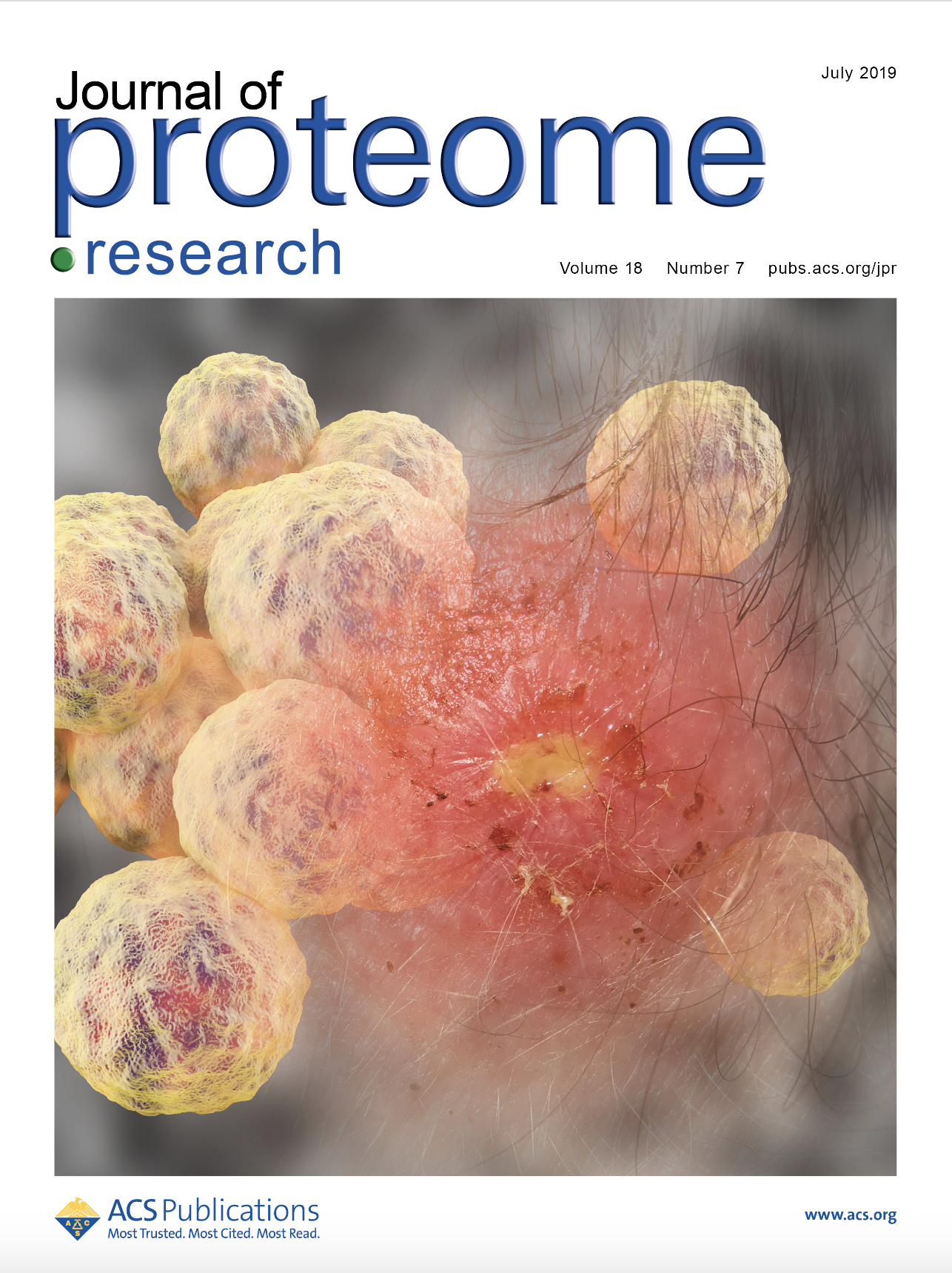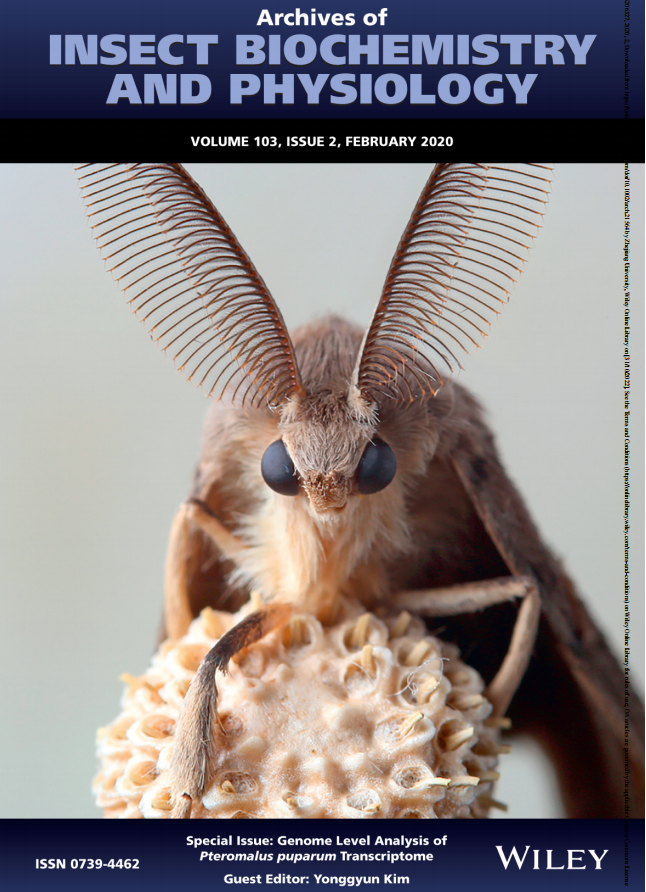


About Our Lab
Parasitoid wasps comprise extremely diverse species. Accumulating genomic data and their unique characteristics have made parasitoid wasps become central models for understanding fundamental questions in evolutionary biology. Meanwhile, Parasitoid wasps also are important natural enemies of arthropods and are widely used as bio-control agents against insect pests in agriculture, forestry, animal husbandry, health.
To trace the history of the laboratory, Professor Joo-Tso Chu (1900-1981) is the founder. He is recognized as a pioneer in the classification and biological control of parasitoid wasps in China. Since 1932, he had collected and classified a lot of parasitoid wasps from important insect pests in agricultural and forestry ecosystems. At the same time, he also attached great importance to the study of parasitoid biology and applications.
In 1960, Professor Cui Hu graduated as a postgraduate student with the thesis entitled “Investigation on the biology and utilization of Dibrachys cavus (Walker)”, who is the first postgraduate student supervised by Prof. Chu. Since then, Prof. Hu has been engaged in research on species resources and utilization of parasitoids associated with rice, vegetable, mulberry tree and tea tree habitats as well as forestry ecosystem. Meanwhile, he also expanded his research on insect baculovirus biology and its application for controlling cabbage and tea insect pests. Since the late 1990s, He led the laboratory to study immune interactions and chemical communication between parasitoids and their hosts.
As one of the Ph. D. students supervised by Prof. Hu, Professor Gongyin Ye graduated in 1996 with Doctor degree and continue to work in the lab for studying immune interactions between parasitoids and their hosts with the model of pteromalid wasps, particularly focusing to the role of parasitoid venom in regulating host immunity and development as well as their molecular mechanism. Meanwhile, he is also interested in assessing ecological safety of genetically modified rice with insect resistance, and pest biological control with parasitoid wasps in agricultural system. Now, he is leading a team focused on researches for parasitoid wasps on ecological fitness and evolution, venomic and venom physiological functions as well as the development of genetic engineering insecticides with various technologies including omics and bioinformatics technologies, modern biotechnology, and deep learning for artificial intelligence. The lab's goal is not only to unravel the mysteries of parasitic wasp parasitism and its evolution, but also to develop new approaches and methods for green and sustainable management of major agricultural pests.

Prof. Joo-Tso Chu (1900-1981)

Prof. Cui Hu (1931-)
News and Updates
Recent Lab News
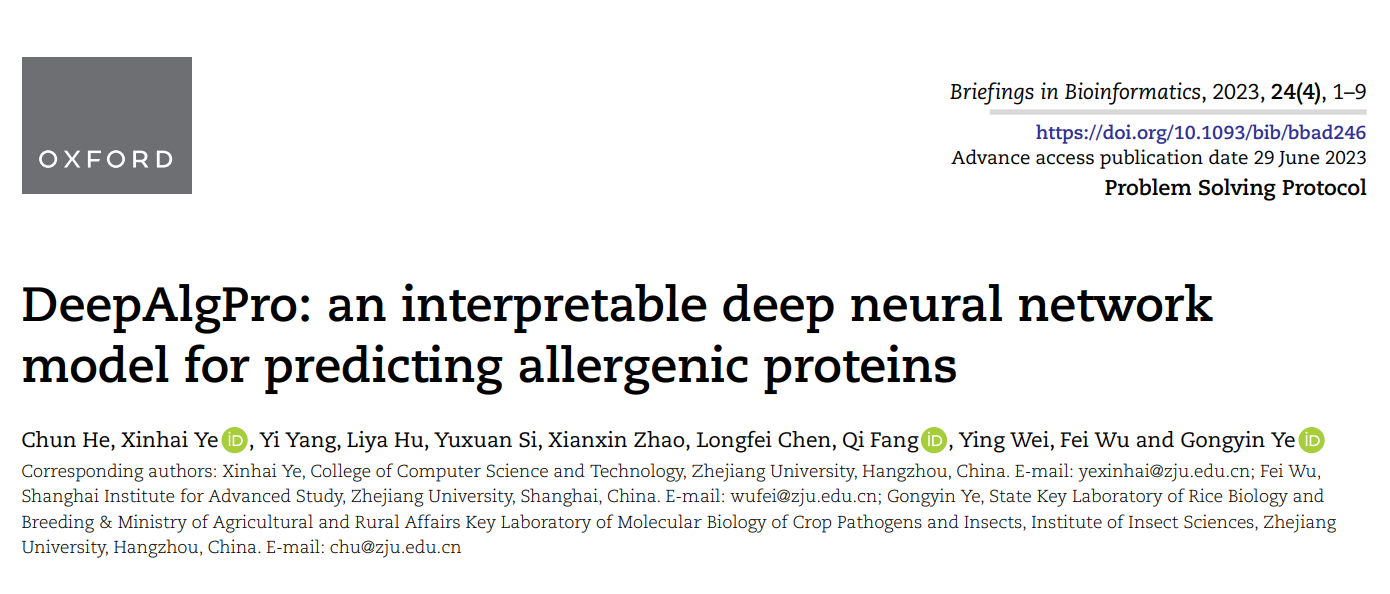
DeepAlgPro: an interpretable deep neural network model for predicting allergenic proteins
Prof. Gongyin Ye and his team, and collaborators jointly published an open-access research article entitled "DeepAlgPro: an interpretable deep neural network model for predicting allergenic proteins" on Briefings in Bioinformatics on 6th August, 2023.
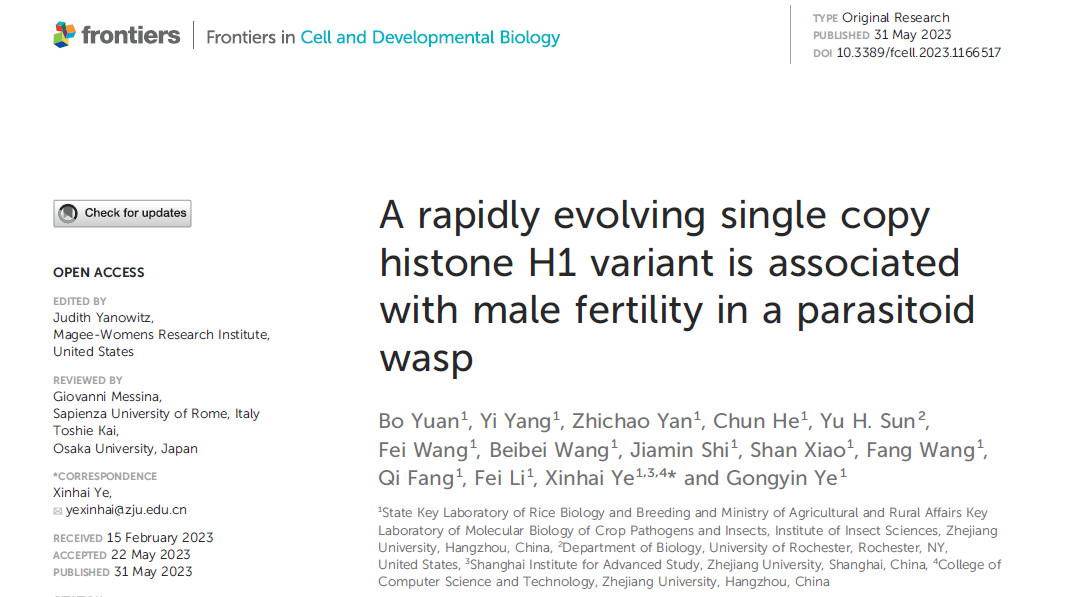
A rapidly evolving single copy histone H1 varient is accociated with male fertility in a parasitoid wasp.
Prof. Gongyin Ye and his team, and collaborators jointly published an open-access research article entitled "A rapidly evolving single copy histone H1 variant is associated with male fertility in a parasitoid wasp " on Frontiers in Cell and Developmental Biology on 31st May, 2023.

The 1st bioinformatics conference in Yangtze River Delta on 14th April, 2023.
Dr. Xinhai Ye was invited to give a speech in 2023 Bioinformatics Conference in Yangtze River Delta on 14th April, 2023.
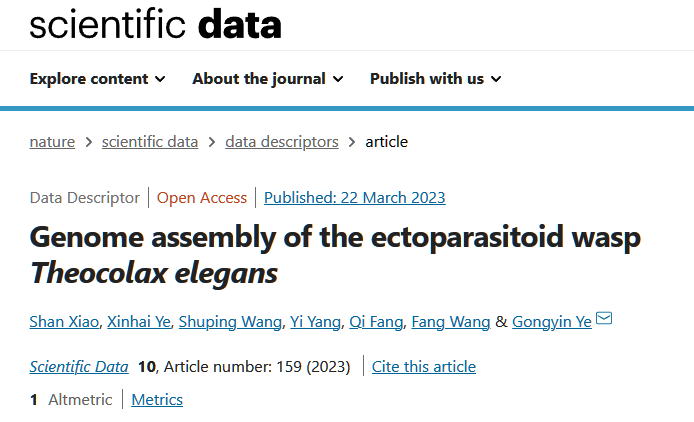
New paper in Scientific Data provides valuable genetic bases for future investigations on evolution, molecular biology and application of the ectoparasitoid wasp.
Prof. Gongyin Ye and his team, and collaborators jointly published an open-access research article entitled "Genome assembly of the ectoparasitoid wasp Theocolax elegans " on Scientific data on 23th March, 2023.
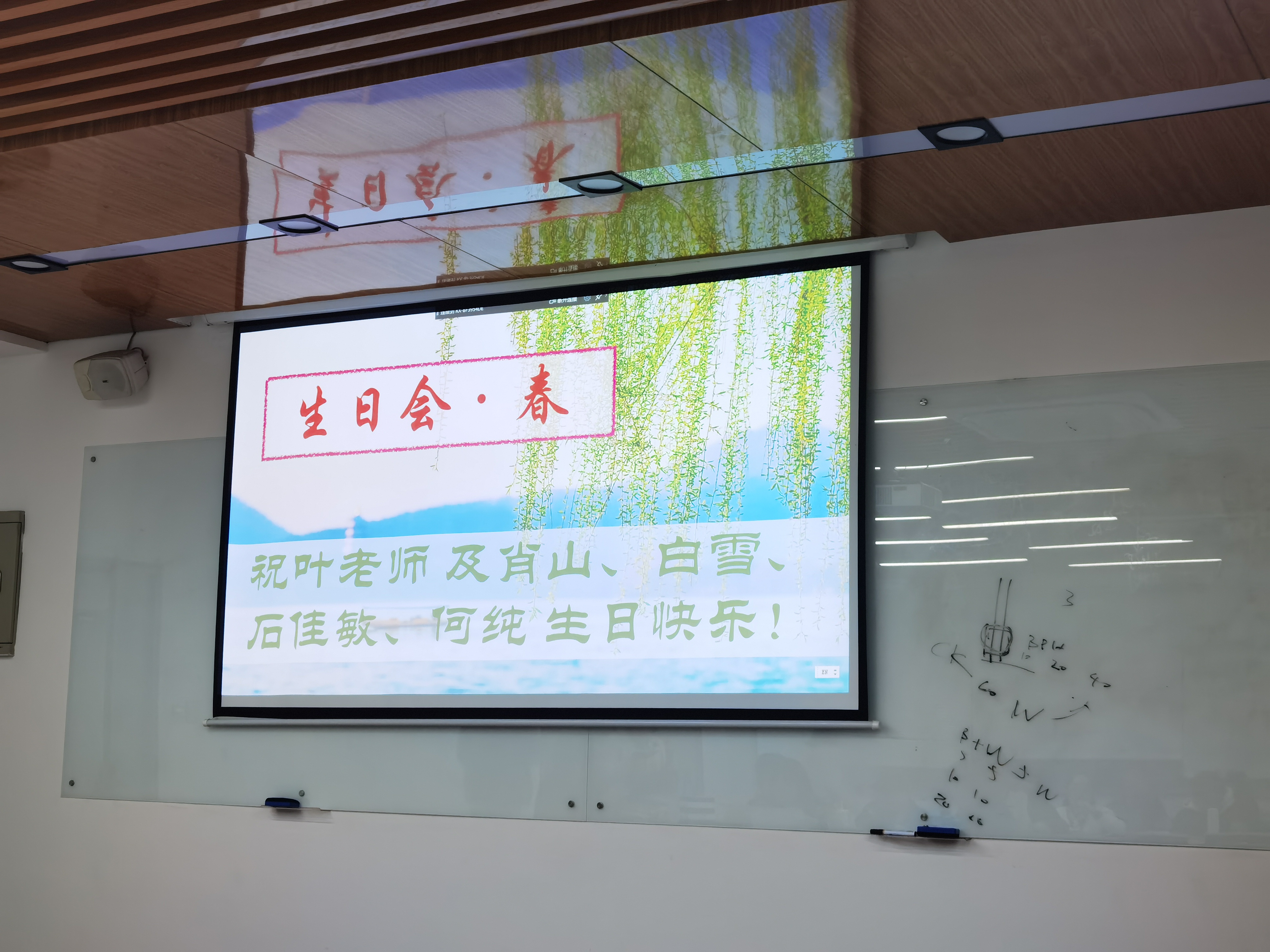
The birthday party on 16th March, 2023
To celebrate the birthday for lab members on 16th March, 2023.
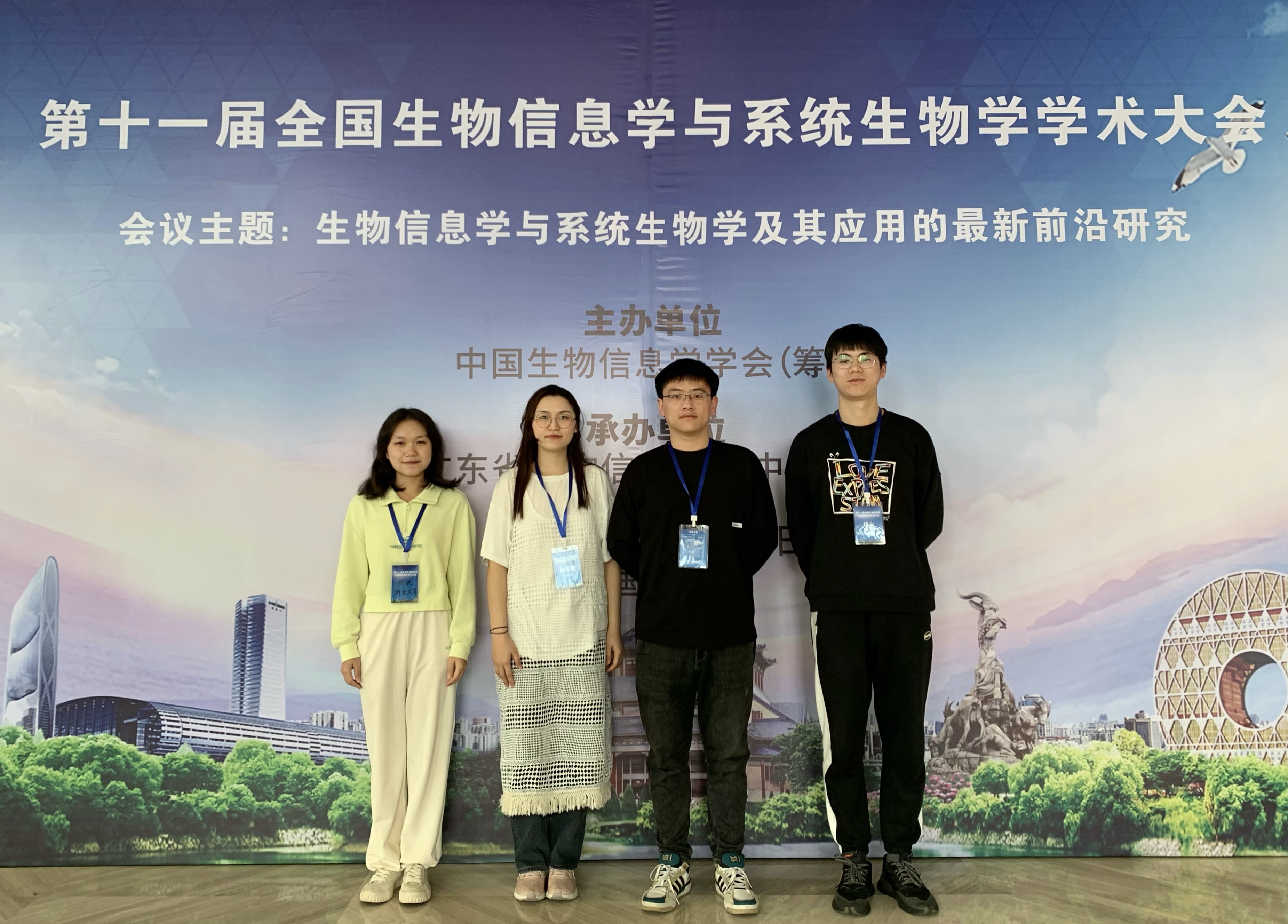
The 11st National Conference on Bioinformatics and Systems Biology of China on 25th Feb, 2023
Lab members attended the 11st National Conference on Bioinformatics and Systems Biology of China on 25th Feb, 2023.

Discussion about comparative genomics of Anastatus spp. on 10th Feb, 2023
Prof. Li and Dr. Zhao made a visit to Ye's Lab to have a discussion on comparative genomics of Anastatus spp. on 10th Feb, 2023.

Speech in 2022 National Symposium on Biological Pest Control on 24th Dec, 2022
Dr. Xinhai Ye was invited to give a speech in 2022 National Symposium on Biological Pest Control on 24th Dec, 2022.

Speech in International Symposium on China-Latin America Biological Control on 15th Dec, 2022.
Dr. Xinhai Ye was invited to give a keynote speech in International Symposium on China-Latin America Biological Control on 15th Dec, 2022, and his topic is 'Genome Evolution and Venom Turnover of Parasitoid Wasps'.
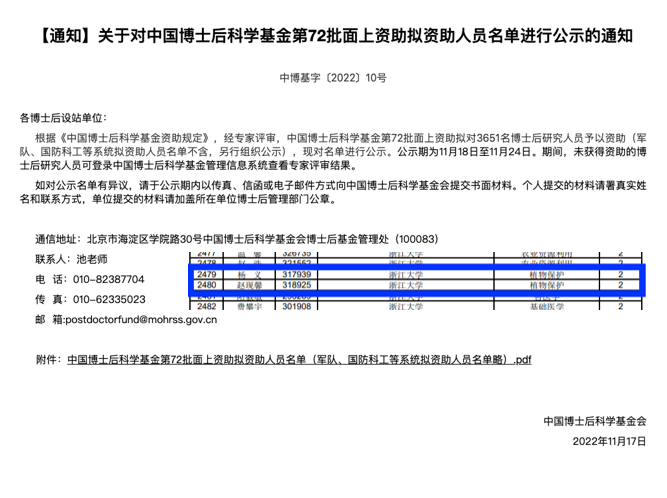
Dr. Yi Yang and Dr. Xianxin Zhao received funding from the China Postdoctoral Science Foundation.
Congratulations to Yang Yi and Zhao Xianxin for receiving funding from China Postdoctoral science foundation.

Professor Gongyin Ye presented our recent works of parasitoid wasp genome evolution on the Physiology and Biochemistry of Insects Seminar Series.
Professor Gongyin Ye was presenting our recent works of parasitoid wasp genome evolution on the Physiology and Biochemistry of Insects Seminar Series.
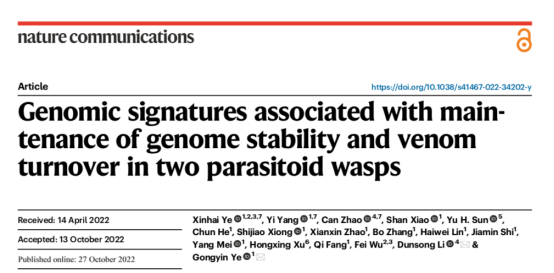
New paper in Nature Communications provides new insights into genome size evolution and rapid venom turnover in insects.
Prof. Gongyin Ye and his team, and collaborators jointly published an open-access research article entitled "Genomic signatures associated with maintenance of genome stability and venom turnover in two parasitoid wasps " on Nature Communications, which revealed the genomic characteristics that maintain genome stability and rapid venom evolution in parasitoid wasps. In addition, this paper also reported the high-quality genomes of two species of Anastatus species, which provides important genetic information resources for biological control research.
Blog on Nature Portfolio Ecology & Evolution Community, which talks a story behind the paper.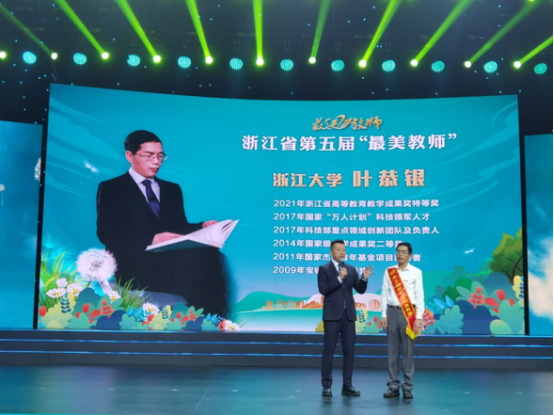
Professor Gongyin Ye won the honorary title of the fifth "Most Beautiful Teachers" in Zhejiang Province.
Professor Gongyin Ye won the honorary title of the fifth "Most Beautiful Teachers" in Zhejiang Province.
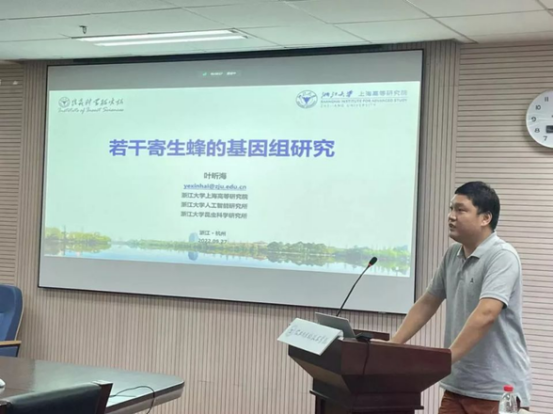
Dr. Xinhai Ye presented our recent work 'Genomics studies of parasitoid wasps' on Postdoctoral Academic Seminar Series in Zhejiang University.
Dr. Xinhai Ye presented our recent work 'Genomics studies of parasitoid wasps' on Postdoctoral Academic Seminar Series in Zhejiang University.
Recent Featured Publications
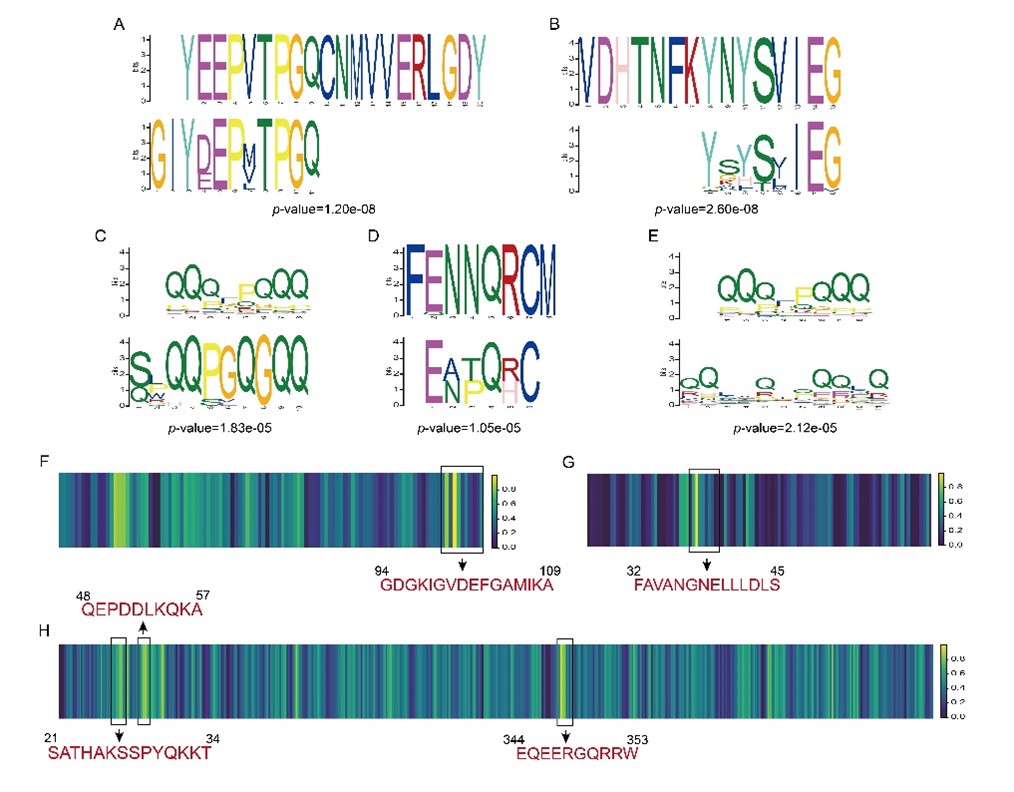
New Paper in Briefings in Bioinformatics on an interpretable deep neural network model for predicting allergenic proteins.
Congrats to the lab He Chun, Ye Xinhai and other coauthors on a new paper in Briefings in Bioinformatics, proposed an interpretable deep neural network for identifying allergenic proteins.
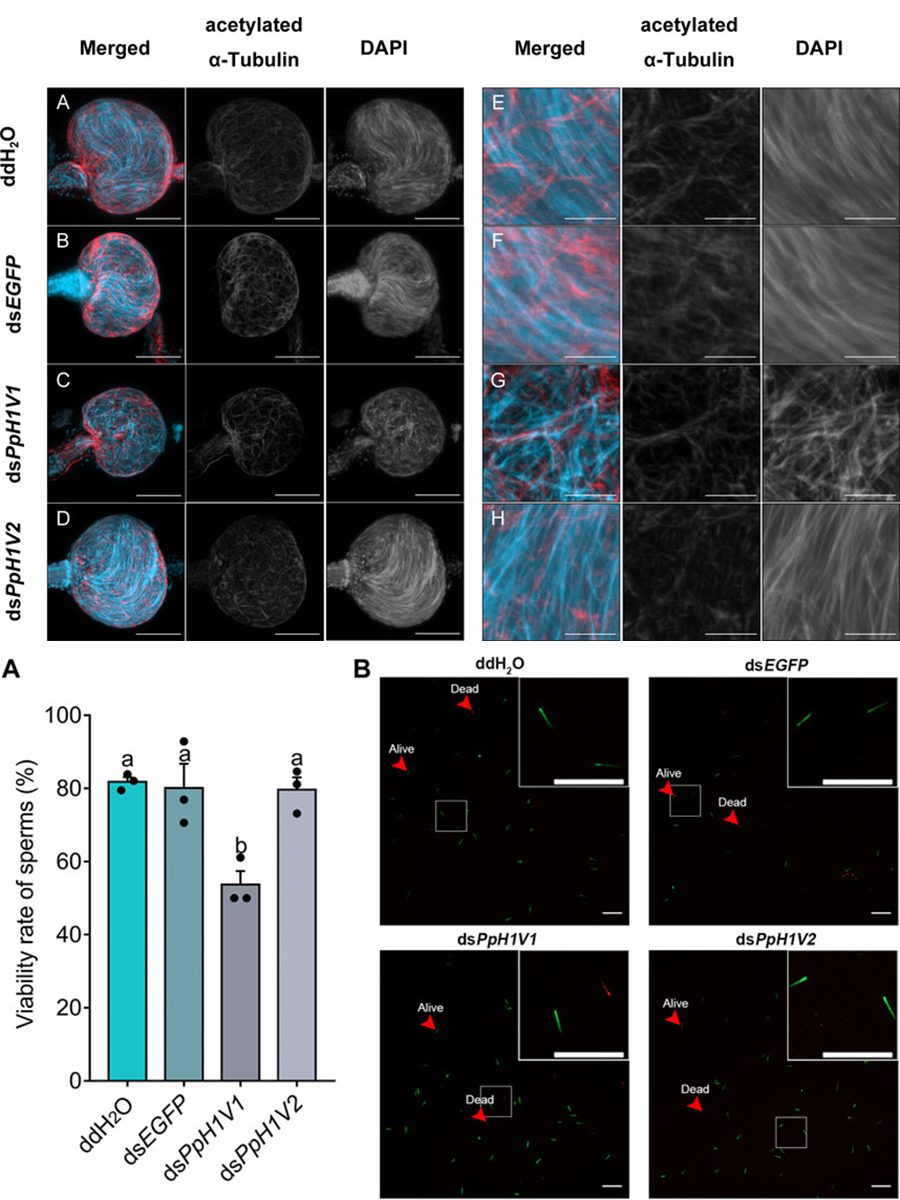
New Paper in Frontiers in Cell and Developmental Biology identifies a germline-enriched histone H1 variant is associated with male fertility in a parasitoid wasp.
Congrats to lab Yuan Bo and other coauthors on a new paper in Frontiers in Cell and Developmental Biology, focused on a rapidly evolving single copy histone H1 variant is associated with male fertility in a parasitoid wasp.
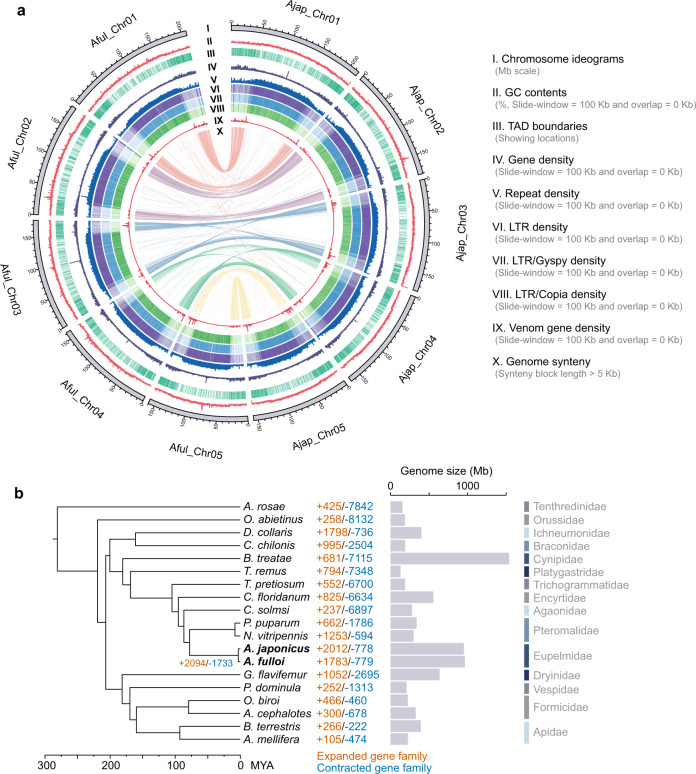
New Paper in Nature Communications on maintenance of genome stability and venom turnover in two parasitoid wasps
Congrats to lab Ye Xinhai, Yang Yi and other coauthors on a new paper in Nature Communications, focused on genomic signatures associated with maintenance of genome stability and venom turnover in two parasitoid wasps.
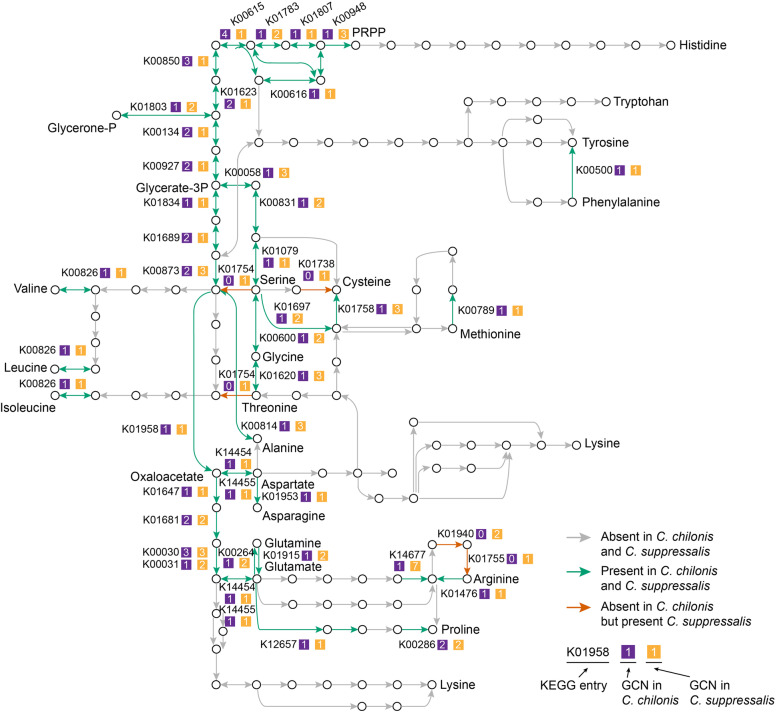
New Paper in BMC Biology on amino acid resource exploitation mechanism of the parasitoid wasp Cotesia chilonis.
Congrats to lab Ye Xinhai, Xiong Shijiao and other coauthors on a new paper in BMC Biology, focused on amino acid resource exploitation mechanism of the parasitoid wasp Cotesia chilonis.
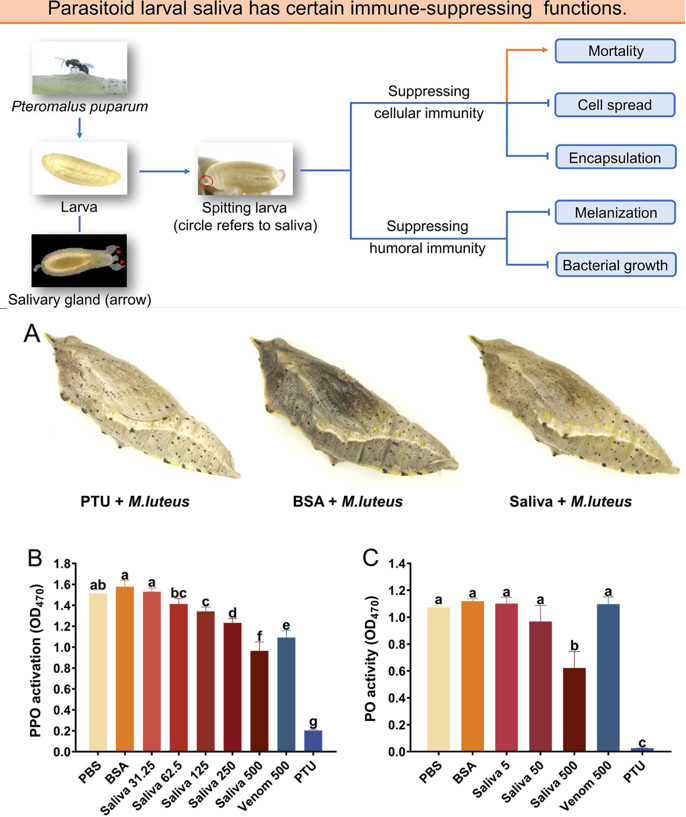
New paper in Journal of Insect Physiology identifies larval saliva of an endoparasitic wasp, Pteromalus puparum, that suppresses host immunity.
Congrats to lab Shi Jiamin, Jin Hongxia, and other collaborators for work in this field.
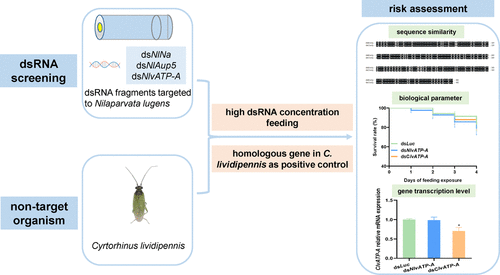
New paper in Journal of Agricultural and Food Chemistry assessed dsRNAs risk to a Non-Target, Beneficial Predator, Cyrtorhinus lividipennis.
Congrats to lab alum Dang Cong and other current and former students (Zhang Yupan, Sun Chuyi, Li Ran, and other staffs.
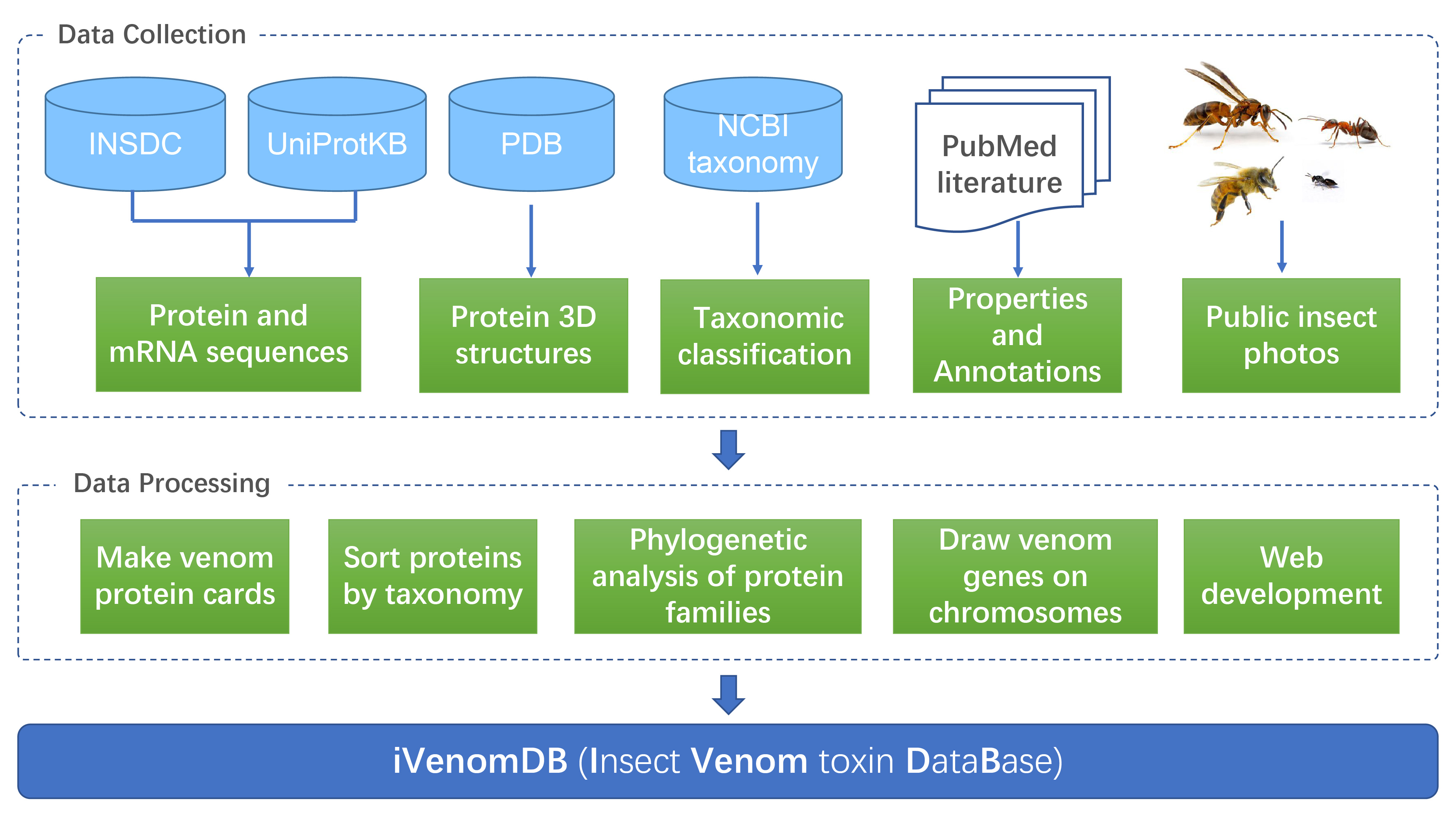
New paper in Insect Science & We developed a manually curated database for insect venom proteins.
Congrats to lab Chen Longfei, Zhang Bo and other current and former students.


